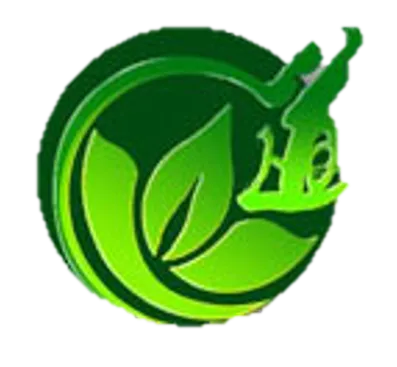Tachycardia
Understanding Tachycardia: A Chinese and Western Medicine Perspective
Restoring Calm to a Rapid Heartbeat—Naturally and Holistically
Tachycardia is a condition where the heart beats faster than normal—typically over 100 beats per minute in adults. While an increased heart rate is natural during exercise or stress, persistent or sudden episodes of tachycardia can signal underlying imbalances in the body or nervous system.Western medicine typically treats tachycardia with medications, lifestyle changes, or procedures such as ablation or cardioversion in more serious cases. In contrast, Traditional Chinese Medicine (TCM) offers a gentle, individualized approach aimed at calming the heart, restoring rhythm, and addressing the root cause—whether physical, emotional, or energetic.
🔹 Symptoms of Tachycardia
Rapid or pounding heartbeat
Palpitations or fluttering in the chest
Shortness of breath
Dizziness or light headedness
Chest discomfort or anxiety
Fatigue or weakness, especially after an episode
Types of tachycardia include:
Sinus tachycardia (normal rhythm but fast)Supraventricular tachycardia (SVT)Atrial flutter or fibrillation with rapid rateVentricular tachycardia (more serious and potentially life-threatening)
🔹 How TCM Understands Tachycardia
In TCM, tachycardia is categorized under “Xin Ji” (Heart Palpitations) and “Zhen Dong” (frightened fluttering pulse). It reflects a disharmony in the Heart system, which may be linked to deficiencies or excesses in other key organs such as the Liver, Kidney, and Spleen.Common TCM patterns associated with tachycardia include:
Heart Yin Deficiency → Rapid pulse at night, night sweats, restlessness, dry mouth, insomnia
Heart Qi Deficiency → Palpitations with fatigue, shortness of breath, pale complexion
Heart Fire (Excess Heat) → Sudden racing heart, red face, irritability, thirst, tongue ulcers
Phlegm-Fire Disturbing the Heart → Racing heart with anxiety, chest oppression, insomnia, vivid dreams, thick tongue coating
Liver Qi Stagnation Turning to Fire → Episodes triggered by emotional stress, irritability, wiry pulse
Kidney-Yin or Kidney-Yang Deficiency → Chronic cases, often with back pain, cold limbs or heat in palms/soles, weak knees, tinnitus
The goal of TCM is to calm the Shen (spirit), nourish the Heart, clear Heat, and restore internal balance.
🌿 TCM Treatments for Tachycardia
✅ Acupuncture
Acupuncture helps regulate the heart rate by:
Calming the autonomic nervous system
Reducing anxiety and overactive sympathetic response
strengthening Heart Qi and Yin
Supporting Kidney and Liver balance
✅ Herbal Medicine
Customized formulas address each person’s specific pattern. Herbs may:
Nourish Heart Blood and Yin
Calm internal Heat or Fire
Resolve Phlegm and clear stagnation
Strengthen Qi and support the Kidneys
✅ Diet & Lifestyle Recommendations
TCM emphasizes gentle daily practices for heart health:
Avoid stimulants like caffeine, alcohol, and spicy food
Eat warm, regular meals to support digestion and Qi
Prioritize sleep and emotional regulation
Practice stress-relief exercises such as tai chi, qigong, or meditation
Avoid emotional suppression and overwork
✅ Self-Consistent Medicine System
At our clinic, we also use the Self-Consistent Medicine System, developed by Dr. Pan Xiaochuan. It uses pulse diagnosis and time-specific herbal formulas to regulate:
Morning vs. nighttime episodes
Stress-induced vs. fatigue-related palpitations
Underlying organ imbalances contributing to the rapid heartbeat
💬 Find Peace in a Steady Rhythm
Tachycardia may feel alarming, but with the right approach, it can be safely and naturally managed. Chinese medicine offers a drug-free, whole-person solution to calm the heart, regulate its rhythm, and address the emotional and energetic causes beneath it.Whether you’re seeking a complement to medical care or a natural solution for long-term wellness, we’re here to support your journey to a healthier, more peaceful heart.
